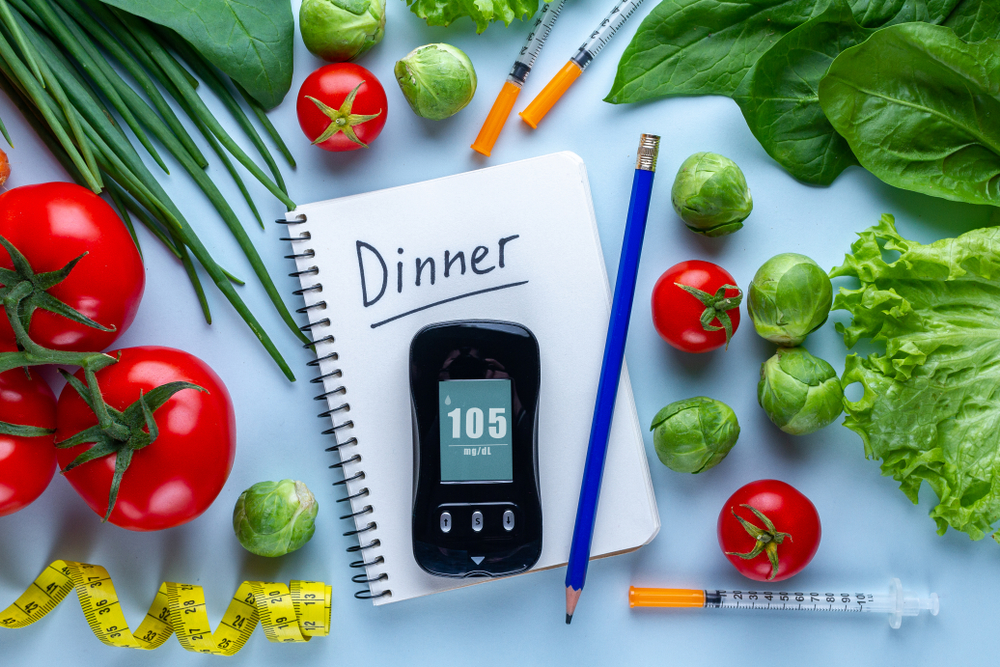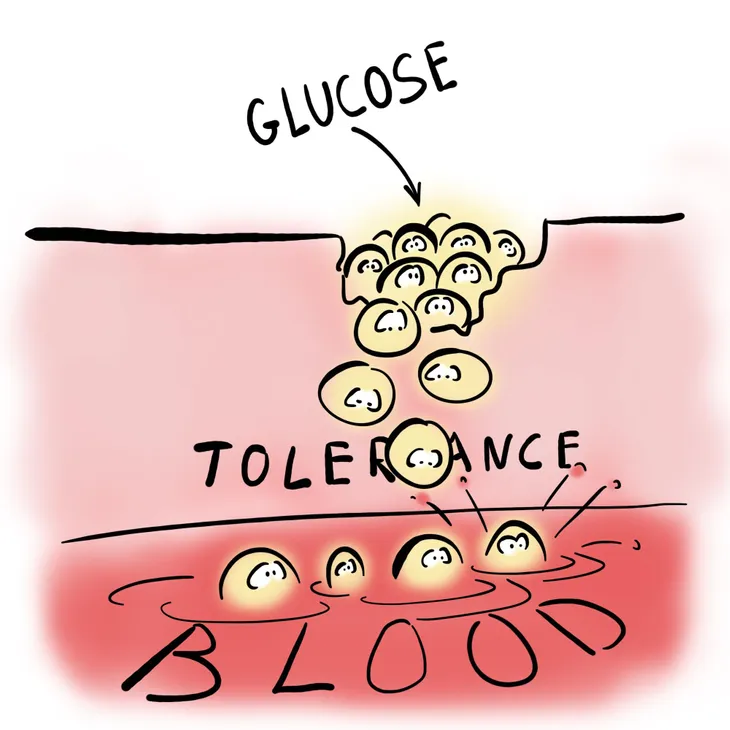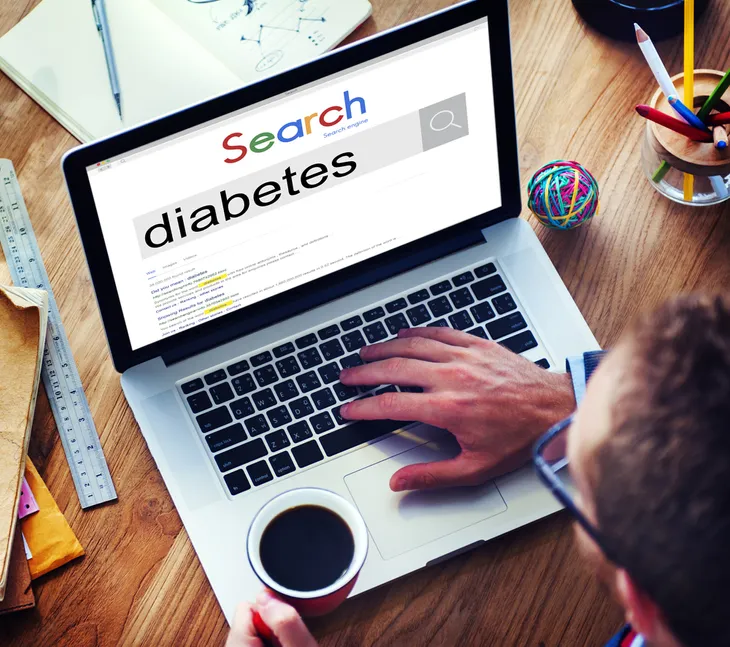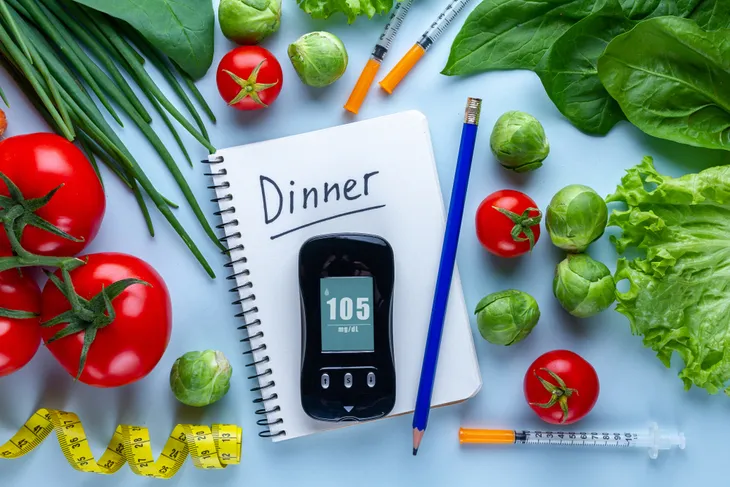One of the first lessons after being diagnosed with type 1 diabetes is that food plays an important role in how a person manages this disease. Hopefully, your doctor will have already taught you about carb counting, medication-to-carb ratios, and developed a basic meal plan to follow.
In the first year of diagnosis, I suggest following exactly what the doctors tell you. Follow their guidance, do your best to carb count, weight your food, and remove as many barriers that may stand in the way of following their plan. Once you’ve mastered and followed exactly how and when they want you to eat, it’s time for the next step.
Want diabetes content delivered straight to your inbox? Sign up for our Diabetes newsletter and receive exclusive news and articles written from our team of diabetes experts.
High or Low Blood Glucose Levels
If you’ve followed your doctor’s orders on how to manage your type 1 diabetes with food, and have done everything they told you to, but are still experiencing unwanted high or low blood glucose levels — you are not alone. I have been in those exact shoes and it left me feeling defeated, unworthy, and as though I was doing something wrong.
The reality is, you are doing your best, and the healthcare system doesn’t take the individual patient’s life into consideration when they assign a meal plan.
Ask Questions
From my experience, the best possible thing one can do for their diabetes management is to ask questions. Asking questions will encourage you to seek answers and learn more about how type 1 diabetes works. Unfortunately, eating with diabetes isn’t as simple as counting carbs and administering the correct medication, that is only the very beginning of understanding the disease.
Once you’ve started asking questions, start looking for credible sources for answers. The internet is an amazing tool for learning but also much of the information online is false. Type 1 diabetes is not something to be taken lightly and if you are going to implement something into your routine that you have learned online, make sure there are others who have done it and the person giving the advice is a doctor or specialist with credentials and an easily searchable history in medicine. It’s important to consume every bit of information regarding type 1 diabetes through a critical lens.
Back to the Basics
Once you’ve begun your journey to learn more about food and diabetes, don’t forget to consider exactly what your issues were in the first place. Remind yourself of what your ideal food plan would be without type 1 diabetes. Most likely, the most achievable plan of action is to eat somewhat close to that with some minor adjustments.
Diversify your sources and opinions, read literature from a variety of different food philosophies for type 1 diabetes. Read the low carb book, the high carb book, and everything in-between as well as follow blogs! Getting to a comfortable place with diabetes and food won’t happen overnight, but it is 100-percent doable if you are ready to put in the effort and commitment.
You deserve to have a positive relationship with food and eat the foods you love. You deserve to eat in a way that doesn’t feel restrictive, while still beautifully managing type 1 diabetes.






